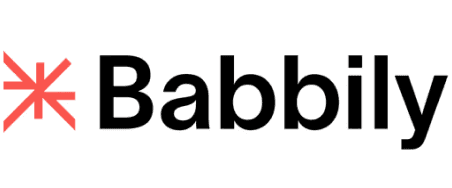Sep 17, 2025
ChatGPT for Teens: What OpenAI’s New Move Means for Young Users
OpenAI is launching a teen-friendly version of ChatGPT with stricter filters, parental controls, and safeguards for under-18 users. Here’s what teens, parents, and educators need to know.
OpenAI is making a big shift: it’s rolling out a teen-friendly version of ChatGPT. If you’re under 18 — or if the system isn’t quite sure how old you are — you’ll soon get a different experience from adults. Think of it as ChatGPT with training wheels: still powerful, but with bumpers on the edges to keep you safe.
Why the Change?
AI chatbots aren’t toys anymore. Teens use them for homework, venting, creativity, or just curiosity. But as we’ve seen, that comes with risks. There have been stories of young people leaning on ChatGPT during moments of mental health crisis, or getting exposed to content that’s not age-appropriate. With regulators, parents, and child-safety advocates breathing down its neck, OpenAI had little choice but to create stricter guardrails.
What Teens Will See
If you’re under 18, ChatGPT won’t flirt with you. It won’t entertain explicit sexual content. It won’t let you roleplay a story that involves suicide or self-harm. In fact, if OpenAI isn’t sure how old you are, it’ll play it safe and assume you’re a teen. And while adults might find ways around it, the teen version is going to be a much more filtered experience.
Parental Controls Are Coming
Parents aren’t left out of the equation. OpenAI plans to roll out parental controls at the end of September. These tools will let parents link accounts, restrict features, set time limits, or even get notified if ChatGPT detects signs of “acute distress.” The idea is to give parents more peace of mind, though of course, how effective this is will depend on how teens actually use it.
What About Adults?
If you’re over 18 and accidentally get shunted into the teen version, you can prove your age (though OpenAI hasn’t explained exactly how yet). Adults will still be able to explore sensitive topics, including creative writing that deals with heavy themes. But even the adult version won’t give you instructions on how to harm yourself.
The Bigger Picture
This move is as much about public pressure as it is about safety. OpenAI is facing lawsuits, bad press, and watchdogs demanding stronger protections for young people. Child-safety advocates are cautiously optimistic but argue this doesn’t go far enough — they want stricter age verification, tougher privacy rules, and legal accountability when things go wrong.
Final Thoughts
The truth is, teens are already using ChatGPT. So the real question isn’t whether OpenAI should keep them out, but how to keep them safe. A teen version of ChatGPT — with filters, controls, and oversight — might not be perfect, but it’s a start. Whether it works will depend on the tech, the parents, and yes, the teens themselves.



